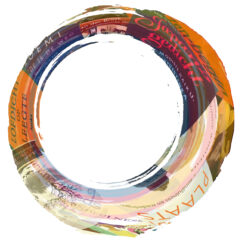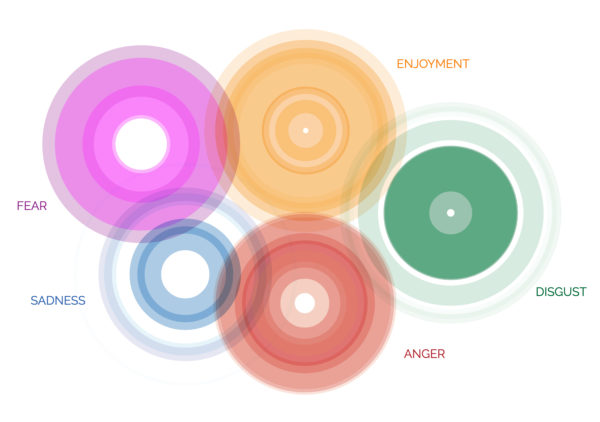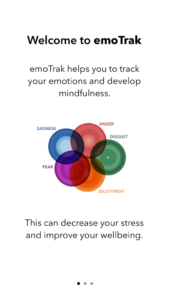The Atlas of Emotion was commissioned by the Dalai Lama, his purpose is “ In order to find the new world we needed a map, and in order for us to find a calm mind we need a map of our emotions”. The simple, but not easy, goal of this Atlas is to help us be aware of our emotions. Awareness of our emotions means understanding how they are triggered, what they feel like and how we respond. Awareness itself is a strategy, it helps us understand our emotion experiences. We do not want to get rid of our emotions, we want strategies that help us respond in helpful, constructive ways.
The Dalai Lama imagined “a map of our emotions to develop a calm mind.” He asked his longtime friend and renowned emotion scientist Dr. Paul Ekman to realize his idea. Ekman took on the creation of the Atlas alongside his daughter, Eve Ekman, a second-generation emotion researcher and trainer. The Atlas represents what researchers have learned from the psychological study of emotion. – atlasofemotions.org
Please click here to visit the atlas


